Ever wondered what would happen if Hamas “Broke the Silence”? Seth Frantzman gives us a taste of what it would look like.
The world is all abuzz over the accusations made by the latest ‘Breaking the Silence’ report • But what of the other side? What would a Hamas ‘Breaking the Silence’ report look like? • Seth Frantzman gives us a taste of what such “testimonies” we might see if Hamas soldiers broke ranks about their own organization
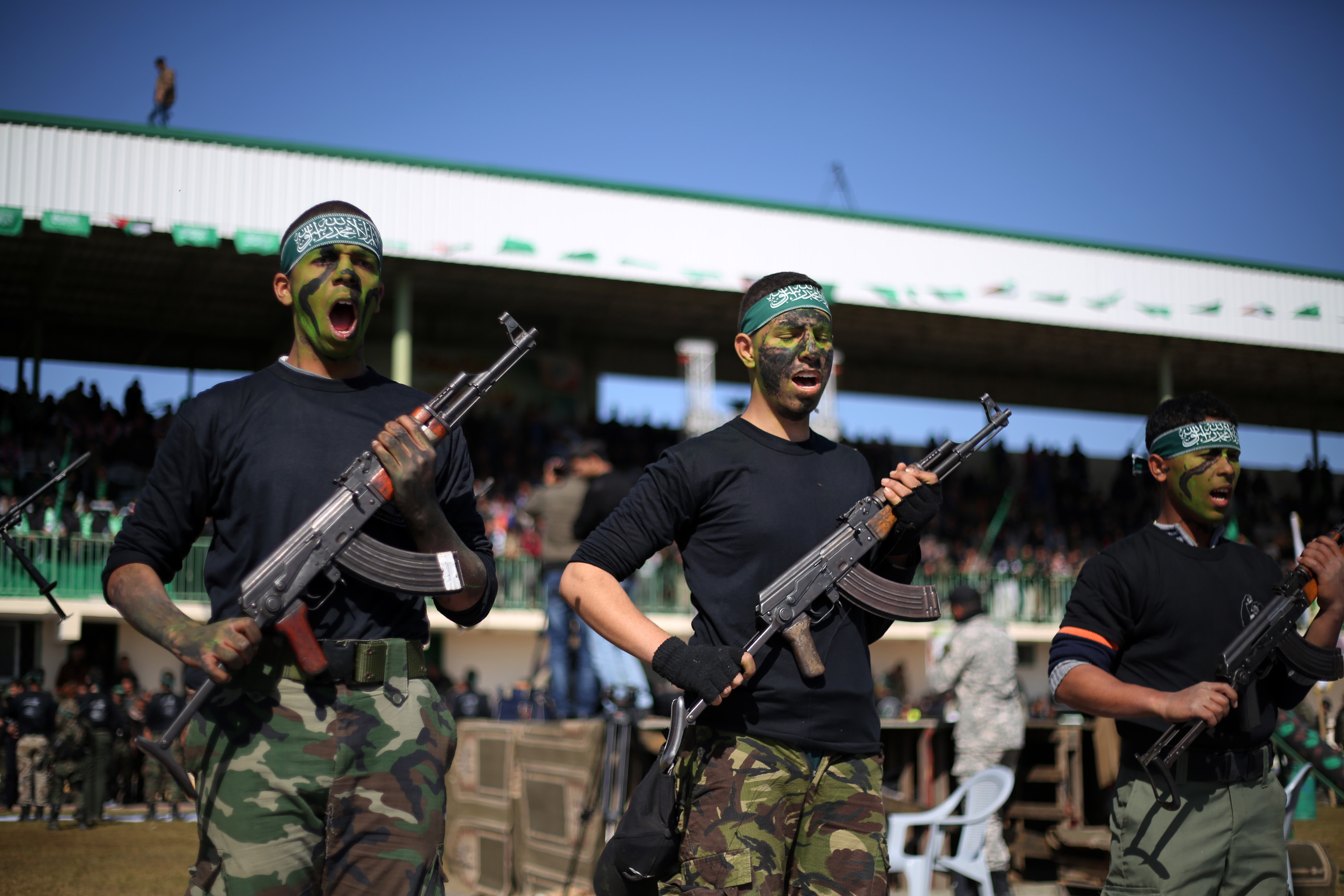
Kasr al-Samat: Hamas soldiers explain how we fought the Zionists in Gaza
By The Staff of ‘Kasr al-Samat’
The following testimonies were collected from Hamas fighters who participated in Al-Asf al Makool war during the summer of 2014. Interviews were conducted with participants over a matter of months, often at extreme difficulty due to the nature of Gaza being under siege. Over thirty Hamas members who had participated in hostilities agreed to be interviewed. These men come from all branches of the apparatus.
Their testimonies come primarily from members of the Izzedine al-Qassam brigades, including members of the M75 rocket regiment, the anti-tank missile company Al-Battar, several informal militia members from the Yahya Ayyash units, a member of the Maghawir al-Bahr (naval commandos), an advisor to a senior commander and one member of Islamic Jihad’s Al-Quds Brigade.
The testimonies paint a disturbing picture that Hamas’ official spokespeople issued messages diametrically opposed to what their own fighters were told. The guidelines presented to the international media were contrary to the policies dictated to individual fighters who, according to their views, were to cause maximum damage to Zionist civilians, while avoiding minimum harm to themselves. Fighters were trained to fire missiles and told to use them in an arbitrary, indiscriminate manner and without regard for civilian casualties.

Testimony 1
Unit: Al-Qassam Brigade Place: Gaza City Rank: Assistant spokesman
On July 9, I was awakened at 4 am by a call from Abu Ubayda, the man we call ‘the quiet.’ He had been up all night and had got to a bunker in Gaza City. “Come here at once, we must issue a statement,” he told me. We knew that there would be war with the Zionists and had been preparing for it for some time. So I called my driver, and we set off. I stopped for some bread on the way, assuming it would be a long day in the sweaty bunker we call ‘the hole.’ This was my first real war serving at a high level and I was looking forward to see Mr. Quiet in action.
When we got there Mr. Quiet was in military fatigues that were mismatched. These were evidently from a recent shipment from “our friends,” the term often used for supplies from Iran that come via Sudan. Mr. Quiet was stressed, smoking constantly and wearing a red khaffiyeh. Why red, I don’t know, since it is a ‘jebha’ [Communist] color. My inquiries were met with suspicion. The job was to prepare a statement. The Zionists were “opening the gates of hell.” This is the usual statement we put out, I remember also in November of 2012 and August of 2014 similar statement. In July 1 we had said the same thing. I asked “why always this thing about hell?”
Gaza is under siege, a real blockade, that starves us and we suffer. But “gates of hell,” always paints the image that this is a hell-hole. It was part of my slow disillusionment with Hamas. There was this martyr ideology, this concept of the final judgment and a death cult. “We believe in life sir,” I used to joke on Facebook. But now Mr. Quiet was telling me it was time to warn the Zionists.
The statement we eventually released, through a video and a press conference, with our men in masks and holding weapons, was a threat to the enemy. “They will not dream of calm if they do not stop their aggression toward our people…we repeat our warning to the enemy, do not attack our civilian homes or they will be surprised by our attacks.”
For weeks my routine was usual. A few hours at home, the rest of the time I spent in the hole with our men. We put out several statements. On August 20 we told the enemy; “we warn international airlines against flying to Ben-Gurion Airport. They should stop their flights.” We told Zionists living in the “rim towns” around Gaza to not return home or congregate to watch football.
The most ridiculous statement we made was a warning to “not gather within range of our rockets,” which when we were boasting that we will hit Haifa and Jerusalem, seemed an impossibility. In my view it seemed duplicitous. Also I felt the covering of the faces made us appear like a terrorist organization, rather than the popular resistance that we truly are. There was a cult of death, and yet at the same time, I never saw Mr. Quiet emerge from the bunker. We were sending young children into the tunnels to bring supplies, we were sending other young men to their deaths as “martyrs”, but where was our martyrdom?
“Our role is to be mouth of the people,” Mr. Quiet would tell me. Our relationship with international journalists was problematic and often unhelpful. In short, from start to finish I got the feeling the leadership was not taking this conflict seriously. There was no direction, no point, and we were continually attacking the wrong targets. Where was the civil disobedience? Where was the peaceful activism? We know the capricious nature of the Israeli enemy, who outnumbers us and has the modern weapons of the American Empire. What were these rockets against this? In general the entire movement was misguided. For the third or fourth time our leadership led us into an unnecessary conflict, strained our relations abroad, ruined our image, did no real damage to the enemy and embarrassed us.
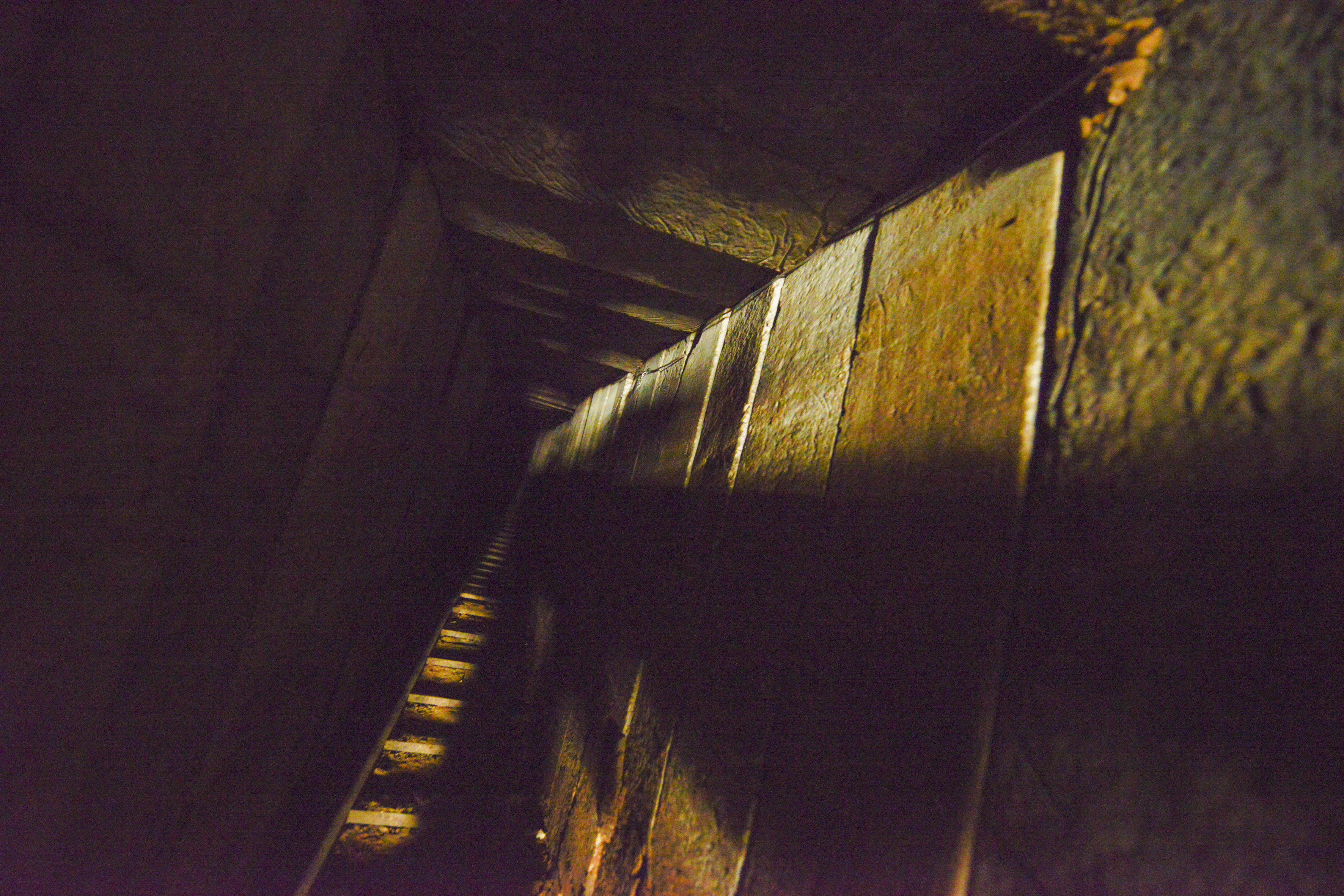
Testimony 2
Unit: Al-Qassem Brigades, Ayyash unit Place: Beit Hanoun Rank: none
From early July to August I was on the front line of fighting in Beit Hanoun, which was eventually destroyed mostly by the Zionist army. At first I had worked on building a tunnel into the Zionist settlement of Sufa near the border. It was hard work and we were never paid. Some people were working 20 hour days. Children were employed and poor people were press-ganged to haul and conceal dirt or were ordered to pretend to “farm” the land to conceal our activities.
I had the feeling of great shame about this work. Some of these farmers I had grown up playing with. Now these men fields were threatened with destruction because of our work. I shared my concerns with my commander, Abu Shaaban, the cousin of the former Naval Commando unit commander. Shaaban didn’t care, and anyway he never seemed to be present to do any work. We called him “Abu Nargilah” because of his habit of bringing a nargilah with him into the tunnel to smoke while we slaved away.
What shocked me in early July as we ramped up our tunnel work, as conflict neared, was to learn the destination of the tunnel: The school. Shaaban was clear: Your orders are to emerge into the schoolyard when the resistance operations will begin. Your attempt will be to capture or kill those you find. “The Zionist enemy is evil and harms our civilians, we must harm theirs.” He argued that since all the Zionist children are potential soldiers, so they are targets. I told him that we have the same issue, our young men are all potential Hamas fighters. Who among us does not have a cousin who needs the money and works for our brotherhood? Shaaban didn’t seem to care. “I have worked among the Jews in the time before the agreement [Oslo], they are uncaring. I saw teenagers become adults and become killers in the occupation army.”
When I discussed my feelings with my wife she told me I should leave the organization and continue work as a stone-cutter. But it was clear there was no way out. “In for life,” is the motto they tell us. And by life, they mean “martyrdom.” I became disillusioned. We had trained for “commando” operations, with Kalashnikov and small arms. I had jumped through burning tires and now it was clear “you will cut the throats of the Jew children.”
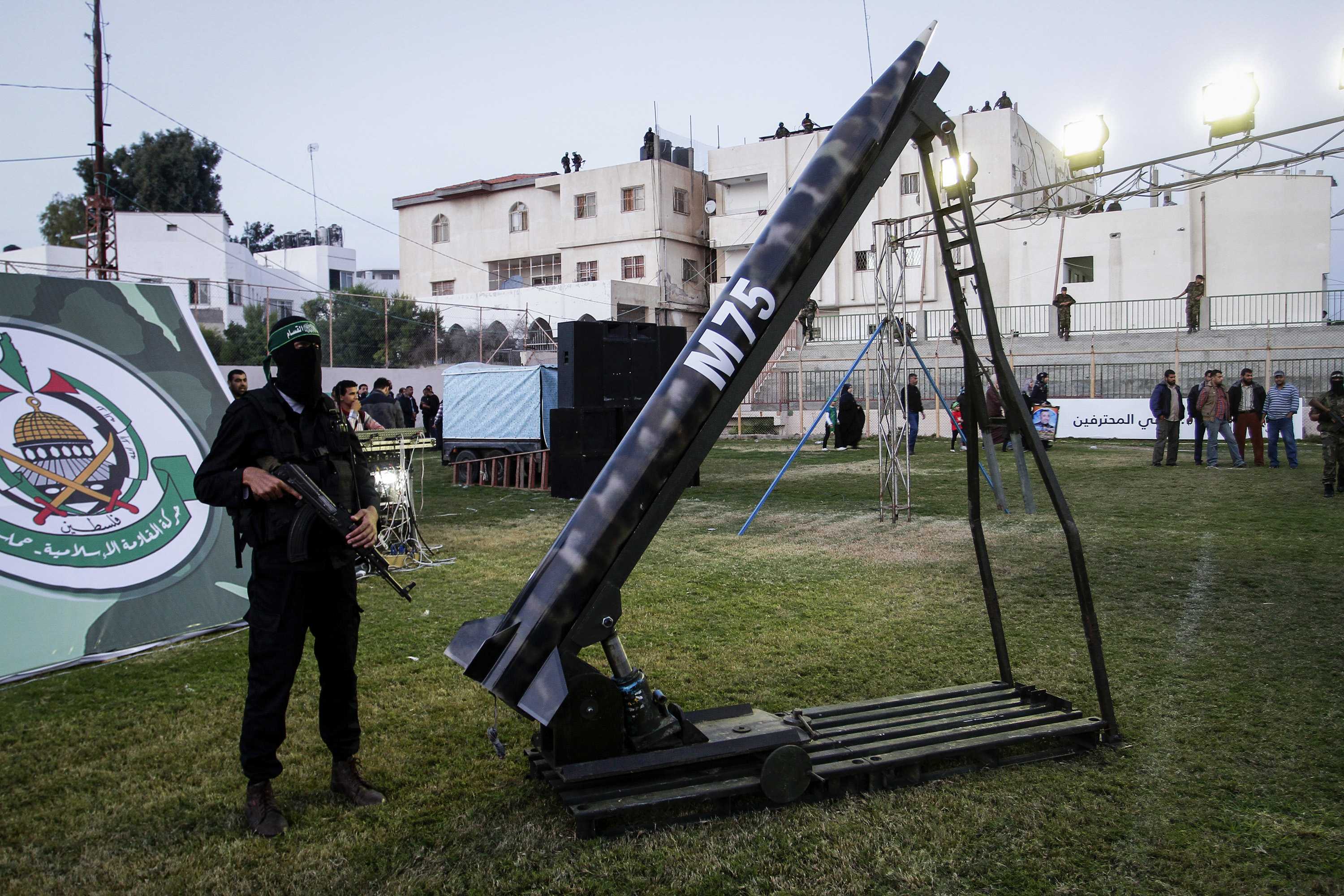
Testimony 3
Unit Al-Qassem Brigades, Shejeyah rocket team Place: Shejeyah Rank: Sergeant
This was my second war. In the first my job had been to basically do nothing but try to spot Zionist units crossing into the area of operations from Nahal Oz. But this time I had been drafted into a newly formed rocket team. We had a truck that had been “loaned” to us from a Fatah member and our Qassem rockets. I was also jealous of the guys with the Fajrs and M75. They seemed so much more than us. They had swagger and got to learn Farsi to operate the Iranian weapons. They said “we are like Hezbollah, you are just dogs.”
When the war began I was told to set up my rockets from a UN school. This seemed like a false place to fire the rockets from because my cousins’ children attend the school. But my commander was clear, “do as you’re told, this is in the hands of the Ummah, and your job is to protect them.” I didn’t understand how “protecting” the ummah, or Muslim community, would be accomplished by setting up in a UN school.
But my other soldiers in the resistance cell explained that the UN has a lot of money, “the kaffirs give anyway,” so therefore whatever damage the school received would be repaired. And since the school was a clearly marked civilian site the Zionists would not bomb it in retaliation. “By firing from the school we protect the civilians,” explained Abu Fatayer, who was in my unit. I didn’t understand. “Look at all the houses around us. If you will fire from the alley or from a yard, they will bomb the yard or hit us with artillery. So why would we do that, when we can do it safely from the UN area and also ensure the safety of civilians that way? So by using the UN areas we were actually helping civilians.
Our truck for the rockets was destroyed in the second day of the war on July 10, so we were ineffective in our mission. However I was surprised to learn that when we actually were told to fire rockets, I asked if we should aim for the fields near Nahal Oz where there were Zionist army units located. “No, just shoot the rockets indiscriminately.” I got the feeling that there was no attempt to aim at the enemy fighters. It was meant just to terrify the “Zionist enemy.”
My commander told me “every Zionist soldier fears for his family when you keep the families in their shelters.” So our job was to scare children and women with the rockets. I felt dishonor and depression. But anyway, after July 10, there were no more rockets, so most of us just went home. Later, during the war, two of my men were killed by Israeli shelling. I resolved then to leave Gaza when I could, it is a place of death and tragedy for me.
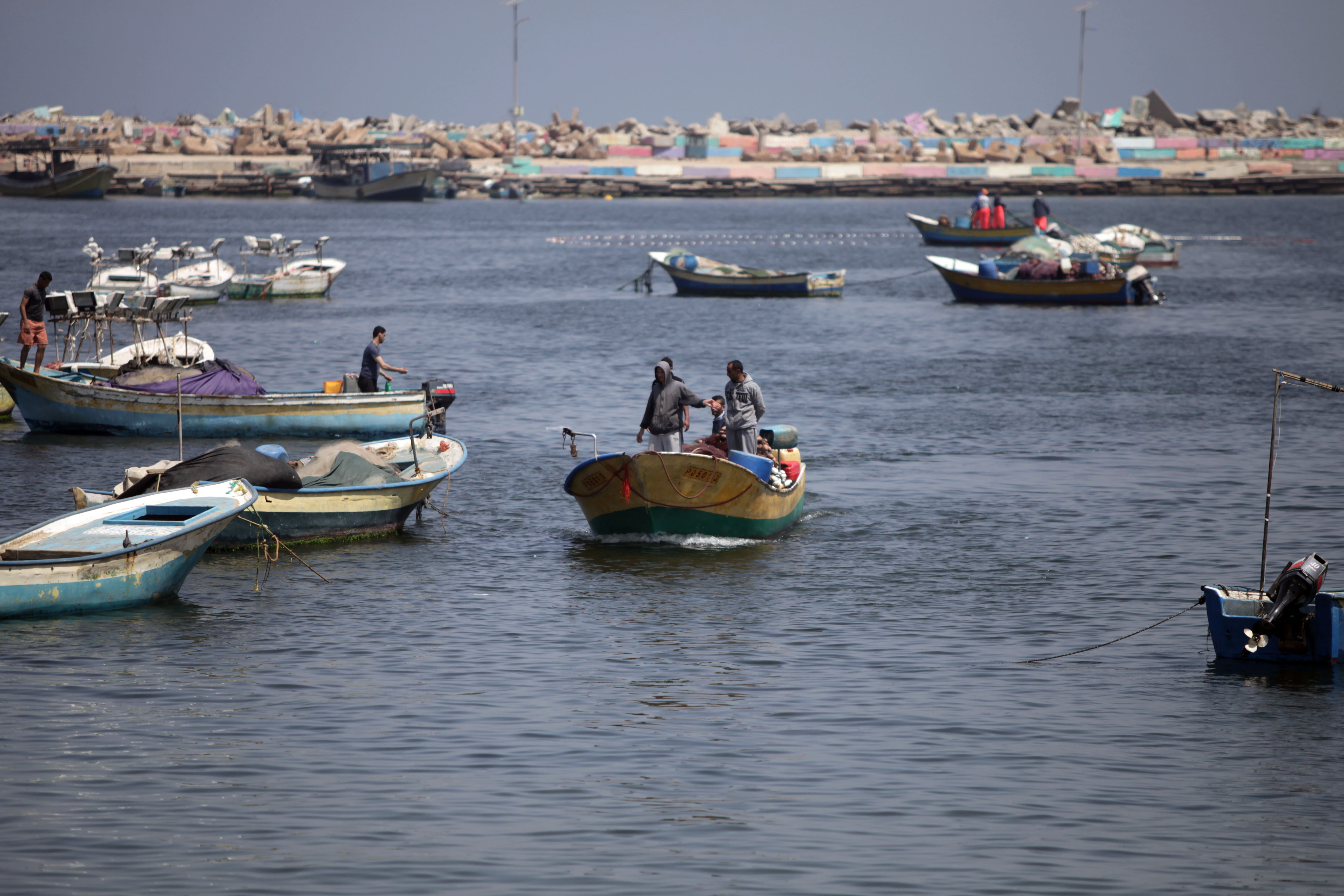
Testimony 4
Unit: Mughawir al-Bahr [Naval Commando] Place: Gaza beach Rank: Captain
After the failure of the raid on Tze’elim and the deaths of my unit members I had nowhere to go and nothing to do. Actually I was supposed to report to duty at the Al-Wafa Hospital that my commanders had moved to on July 10th to prepare for the war. But I kept finding excuses: “my leg hurts” or “I’m sick”, I would say. Actually I spent the whole war just sitting on the beach and hanging out with foreign journalists. Basically there was no point. My unit was sacrificed on an ill-conceived raid on a well-defended beach, and I saw no reason to perpetuate that.
At one point I received an order to mobilize some fishermen to have them set to sea to antagonize and bait the Israel navy boats, who had come in relatively close inside the 37 km exclusion zone. So I harangued and hassled these guys to put to sea. “Are you kidding me, you remember when Mohammed Awan was killed?” They kept telling me stories about some guy who was shot for trying to get too close to a navy boat.
But my commanders were adamant. “The fishermen are expendable. Sea dogs, right? Let them die for the cause. Anyway the navy knows them. It is good to show the Zionists we will not stop resisting.” I told my commanders that I’m a soldier so I’ll go with the men. I’m a “navy commando,” so I can help them navigate and provide guidance on the best way to be a human shield. But my commanders said no. I was needed. “The beach needs you to defend it.” I said I’m doing nothing to defend it, no one bothers us, the journalists here keep me safe. Zionists don’t hurt journalists. But I was a key part of the “resistance.” After the war I was promoted. So it’s not so bad.
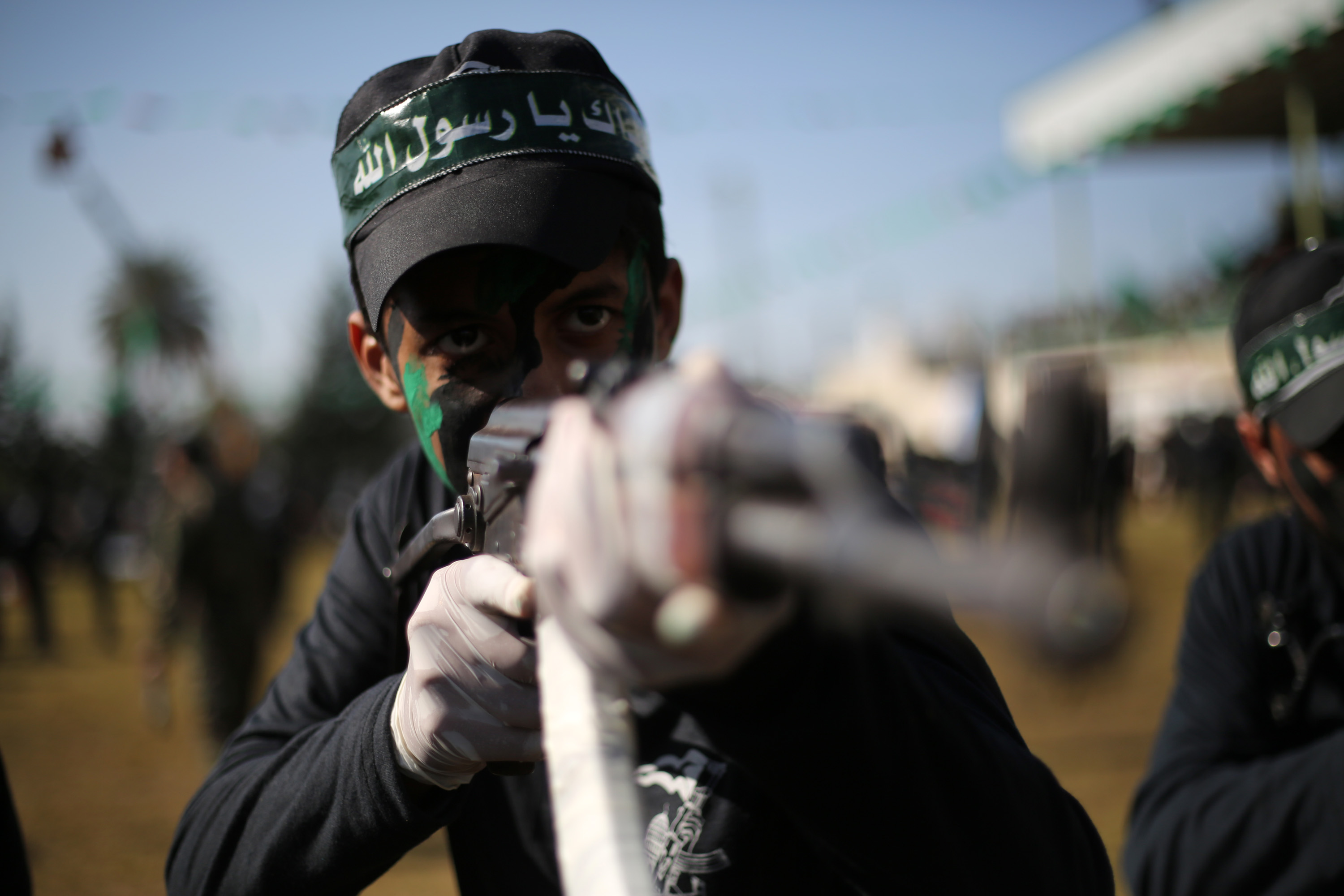
Testimony 5
Unit: Al Quds Brigades Place: Rafah, Khan Yunis Rank: unknown.
“Partners in blood, partners in decision.” Khaled al-Batsh used to tell us at our summer camp that our goal of the whole of Palestine is bolstered by working within the strictures of the ruling regime, in this case Hamas. When Hamas decided to start a war we supported this chance to fight the infidels. Our leader Ramadan Shallah had decided that Iranian support and our own tunneling operations were essential to the war effort.
I joined Islamic Jihad because I had been working for Fatah and had nothing to do when they were quashed. I very quickly realized the insane ideology of this Islamic Jihad organization, but the war came so soon I couldn’t escape. I was told to help administer tunnels that went under the houses of neighbors who were unaffiliated. We knew they will be bombed, but my comrades explained that it was fine to turn them into “martyrs,” because anyway they don’t believe in our view so “let the kaffirs die.” There was a lot of this talk. Sometimes the men would engage in raids to steal weapons from Hamas. We would then have to conceal them in someone’s house. The Zionist enemy knows and watches all. They call and warn before the bombings. But we realized that just a few weapons hidden here and there confuse them.
Sometimes we would purposely put weapons next to a person’s house we didn’t like “Join the Jihad or maybe we let the Zionist bomb you,” was the story. I felt like I was working more for a mafia than a resistance organization. When they did use the weapons, often it was to fire mortars at the Zionist settlements around the Strip. We could see the civilians sometimes driving on the roads, but our commanders said “just shoot at what you can.” There was no concept of military or civilian. It was a dishonorable war. My job from July 15 to 18 was to sit in a ditch by the border with a binocular and watch for civilian traffic. Then I would signal a man in a building nearby and he would signal a rocket or mortar team we had set up in an elderly woman’s garden.
On August 4th, I took leave to go see my brother who lives in Rafah. Then I decided to rob one of my commanders when I was supposed to go back to the front. I waited for him to arrive to pick me up. Most people in a resistance unit don’t expect their colleague to rob them. So I just pressed my AK into his fat belly and said “listen, Ahmed, this war isn’t for me, I’m leaving, give me your money.” He was a money-man for Batsh, we knew he carried bags from his Iranian contacts. He handed over a briefcase filled with crisp US dollar bills. I tied him up and took the money to a friend of my brother and we left the Strip that night.
To receive updates on new articles in English, join Mida on Facebook or Twitter or join our mailing list.



